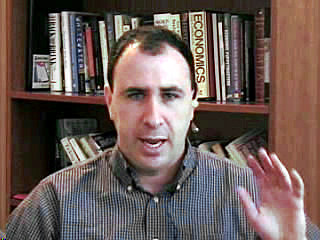A Quote by Jamie S. Miller
Jobs are changing. Jobs will be about the blending of the digital and industrial capabilities.
Quote Topics
Related Quotes
In diminishing the role of the worker's body in the labor process, industrial technology has also tended to diminish the importance of the worker. In creating jobs that require less human effort, industrial technology has also been used to create jobs that require less human talent. In creating jobs that demand less of the body, industrial production has also tended to create jobs that give less to the body, in terms of opportunities to accrue knowledge on the production process.
Industrial jobs are disappearing, and they will continue to disappear owing to productivity gains from automation. Thus, social models that were created to fit industrial and early service economies will no longer be viable. As the industrial workforce shrinks, the social model founded on it will go, too.
Astonishingly, American taxpayers now will be forced to finance a multi-billion dollar jobs program in Iraq. Suddenly the war is about jobs. We export our manufacturing jobs to Asia, and now we plan to export our welfare jobs to Iraq, all at the expense of the poor and the middle class here at home.
In a changing world, some jobs disappear and new ones are created. That's how it has been for hundreds of years. When jobs disappear, the vast majority is not because of global trade, but because of technical advances, robotization and so on. So, we - and in particular, EU member states - have to invest more in training and education so that people will have new opportunities if their jobs are cut. The EU can also better utilize its investment and social funds to protect its citizens from swift changes.
I have been a proponent of dramatically expanding the AmeriCorps program. By increasing the pay of participants to a living wage, it can act as a jobs program that, rather than trying to predict what will be technically viable jobs, will value social support and provide jobs that make communities stronger.
Our biggest challenge in this digital age that we are entering is how do we effectively begin to train people for the jobs that are going to exist and not have them be stuck on jobs that are going to go away? And this is a big deal. And it requires the businesses of this country to, in my opinion, first of all, demand changes in the education system and also develop innovative, creative ways to have industries train people for the skills that are necessary for the jobs that are coming.


































